I am in a constant debate with many Native people over where our Sovereignty and general "rights" come from. I grow frustrated with those that suggest that "treaties" grant us our sovereignty or our rights to and on our own land. I openly condemn the "treaties" that so many hold sacred. They were not pursued by us, written by us and they were rarely, if ever, properly ratified by us (or them for that matter). They do not define us or nor do they limit by their exclusion what our rights are (that is to say that if a "right" or "privelge" isn't spelled out in a treaty that it doesn't exist).
While I am not completely sold on the merits of the United Nations Declaration on the Rights of Indigenous Peoples, it is amazing that every participating nation of the UN (with some holdback from the US and Canada) recognized the following:
Recognizing the urgent need to respect and promote the inherent rights of indigenous peoples which derive from their political, economic and social structures and from their cultures, spiritual traditions, histories and philosophies, especially their rights to their lands, territories and resources,
Recognizing also the urgent need to respect and promote the rights of indigenous peoples affirmed in treaties, agreements and other constructive arrangements with States,
Note that the Declaration associates land rights and resources with "inherent rights" not "treaty rights". And that the Nations of the world specify rights "affirmed in treaties" not granted in them.
Our people have to understand these distinctions and stand with the rest of the people of the world in declaring what they already seem to know and should be so obvious to us.


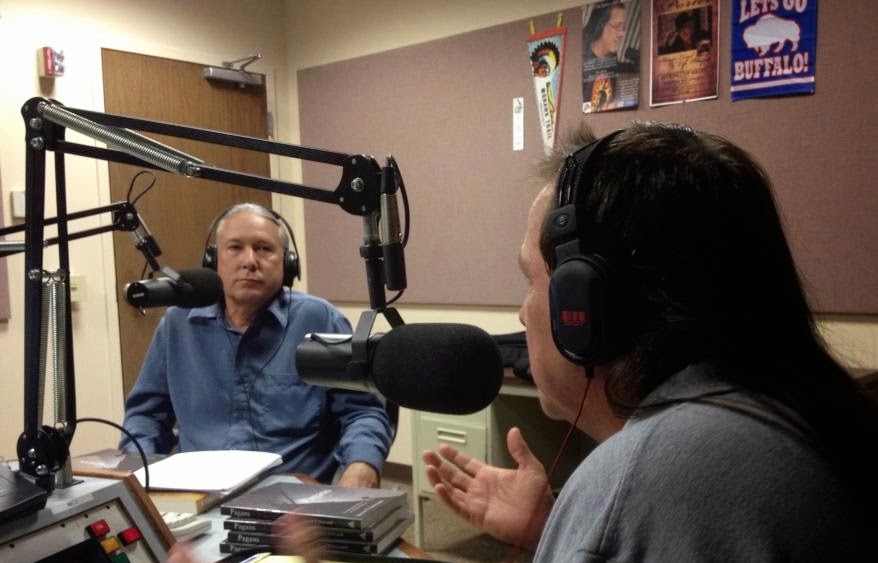


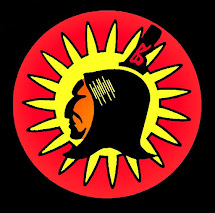

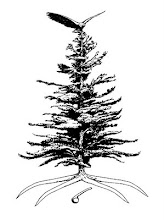
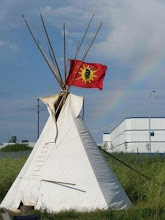

![-[]-[]-/\-[]-[]-](http://3.bp.blogspot.com/_9BsJ9GiICek/SkDblxnV3yI/AAAAAAAAAwI/pxLRna3rvw8/S214/29-03-A-voice-from-the-Akw-.jpg)
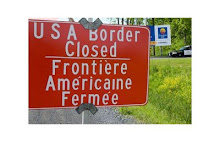
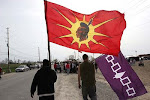


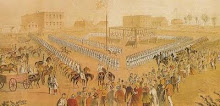
1 comment:
The significance of both of these lines from the preamble of the Declaration is that it associates indigenous rights with inherent rights and to the extent "treaties' are referenced, it characterizes rights "affirmed" in treaties. This clearly recognizes that rights do not originate with treaties but that the treaties simply acknowledge what already existed. The language of the UNDRIP does nothing to subjugate indigenous people to colonial powers and does not limit our authority or definition to the words in treaties.
Post a Comment